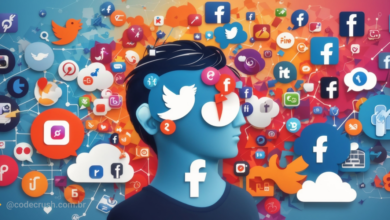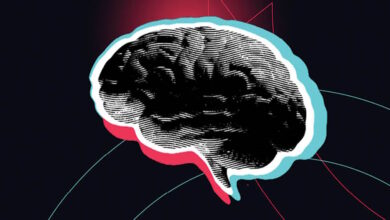A new normal life
Unprecedented is the word that will define this blip in time when everything changed and who knows what the real meaning of this word will be when the COVID-19 pandemic comes to an end. Suddenly, in a very short period of time, the world was faced with different intensities of the same problem. Instead of going outside to work and to live, different levels of government asked us to stay home and avoid spreading the virus. Instead of socializing, they asked us to keep physical distance in order to protect those that we care and love.

What will the “new normal life” be? Surviving a pandemic crisis will leave us with some scars but as the saying goes, what doesn’t kill us make us stronger. Melissa A. Milkie is a PH. D. Professor & Chair of the Graduate Dept. – Department of Sociology University of Toronto. This week she shared with us some of her thoughts about the new reality that we may face after COVID-19 pandemic.
Milénio Stadium: The crises bring new paradigms. How will be the world and Canada change after COVID-19 pandemic and how could it affect generations?
Melissa A. Milkie: People are under a lot of pressures right now – from not being able to leave their homes, to worrying about their own and family members’ health, to the economy their children may face in the future. People’s values may change after this crisis. People living in Canada may appreciate public health services more, they may appreciate the care work that parents do, the education that teachers provide, and the workers labouring in care homes. They may value work differently, or they may believe that certain ways of working are better (like staying home to do work if possible). Many things may be different, especially if social distancing and economic precarity continue to be in place for a long period of time.
MS: How can we continue to socialize during pandemic times?
MM: It is important to talk on the phone to your loved ones and your friends. It is not easy to stay physically apart from other people, but we adapt pretty well when we know it is the best alternative for being safe. All of our institutions are using different ways to communicate – whether through using the phone or video calls, or the internet. Many churches are making phone calls to their parishioners. Teachers are using technology to reach their students and teenagers are probably using social media more often these days to “see” their friends. There are community groups, and university groups who are reaching out to those who are more vulnerable, such as older adults and those with health problems, to help out with talking to those who are lonely or delivering meals who need them, for example. These examples of helping others by finding out what neighbours, friends, and community members need shows the crucial importance of working together for the health of all of us. It is interesting to note that providing support to other people may be a boost for one’s own mental health.
MS: In 2018, only 14% of parents were willing to take on over $75,000 in student loans for their children’s college. That number can be lower for both parents and students after this crisis is over. How will COVID-19 affect the younger generations?
MM: Parents and students may be facing difficult choices as the economy has declined. College may feel unattainable for some people, even though it typically confers status and better jobs. Parents may feel reluctant to take on loans in an uncertain situation. Certainly, many people have lost jobs temporarily and some may have lost them permanently. Many young people of college age have also lost jobs, so making ends meet is going to be hard for many people. Often, we see family members working together to support each other and the larger family unit during crisis times. The younger generation may end up taking a bit longer to finish their education or find a stable job, compared with those of the past.
MS: Last week, U.S. President Donald Trump signed an order to temporarily block some foreigners from permanent residence in the United States, saying he was doing so in order to protect American workers during the coronavirus pandemic. Can we expect a new world of protectionism?
MM: Trump is doing this for his political purposes. Canada is different than the United States. Still, it will take some time before people can easily move across the borders, due to different approaches to the pandemic and because countries will need to know and trust each other’s health protocols related to COVID-19. Countries will have to support each other to work for a vaccine and to work for safe travels from one place to the next. So far, we have seen some strong evidence of cooperation among scientists around the world, racing to find an effective vaccine or effective treatments.
MS: Respiratory illness is hitting minorities harder and Toronto Public Health will now be collecting race-based data connected to COVID-19.
MM: The data collected will allow Toronto Public Health to see potential disparities and this could help them address health inequities.
MS: Maryam Monsef, Canada’s Minister for Women and Gender, says that the COVID-19 crisis has empowered perpetrators of domestic violence as consultations reveal that abuse rates are rising in parts of the country. “In some places the calls for help have gone up by some 400 per cent,” Monsef said, referencing the circumstances facing one shelter in the Greater Toronto Area.
MM: This shows that people are under great stress during the pandemic and may not be able to get the type of services they need. People who are most vulnerable in normal times, like women, are likely to be at greater risk now. It can be very complicated to get the right supports.
Joana Leal/MS








Redes Sociais - Comentários